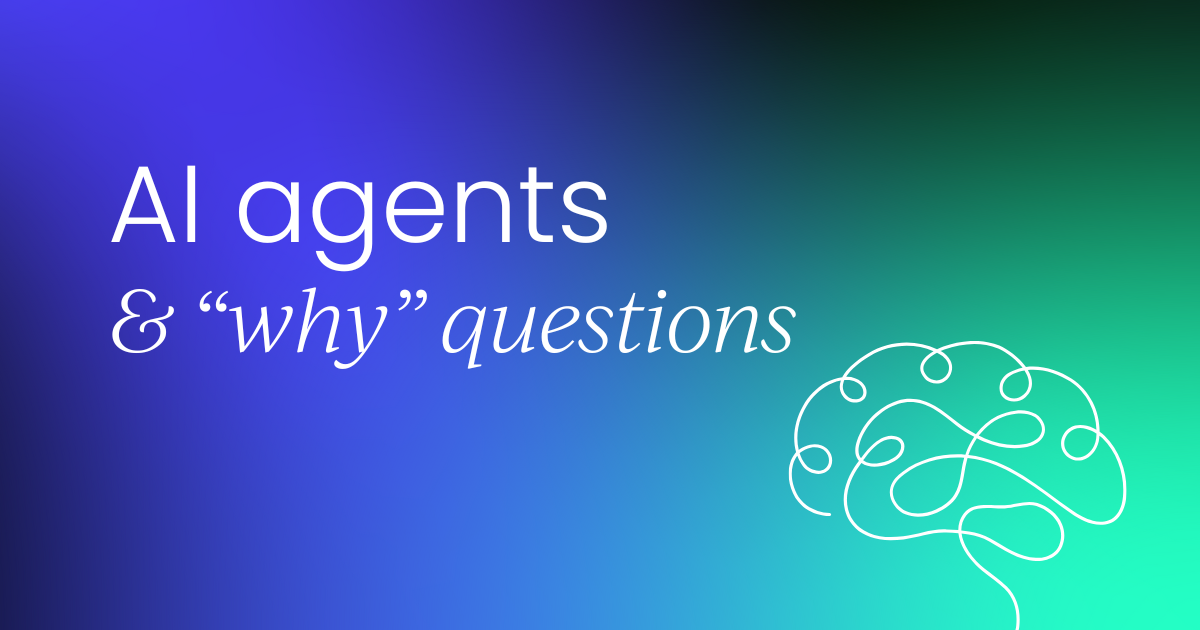From Projection to Prediction: Beyond Logits for Scalable Language Models
PositiveArtificial Intelligence
- A novel approach has been introduced in the training of Large Language Models (LLMs) that integrates output projection and loss prediction into a single operation, thereby eliminating the need for explicit logits materialization. This advancement aims to reduce memory usage and improve training efficiency, addressing the substantial overhead associated with traditional two-stage pipelines.
- This development is significant as it enhances the scalability of LLMs, allowing for faster training throughput and reduced resource consumption. By streamlining the training process, it opens up new possibilities for deploying LLMs in various applications, potentially leading to more efficient AI systems.
- The integration of innovative methodologies in LLM training reflects a broader trend in artificial intelligence, where efficiency and scalability are paramount. As LLMs continue to evolve, their applications are expanding across diverse fields, including finance, research, and education, highlighting the transformative potential of AI technologies in automating complex tasks and enhancing decision-making processes.
— via World Pulse Now AI Editorial System

